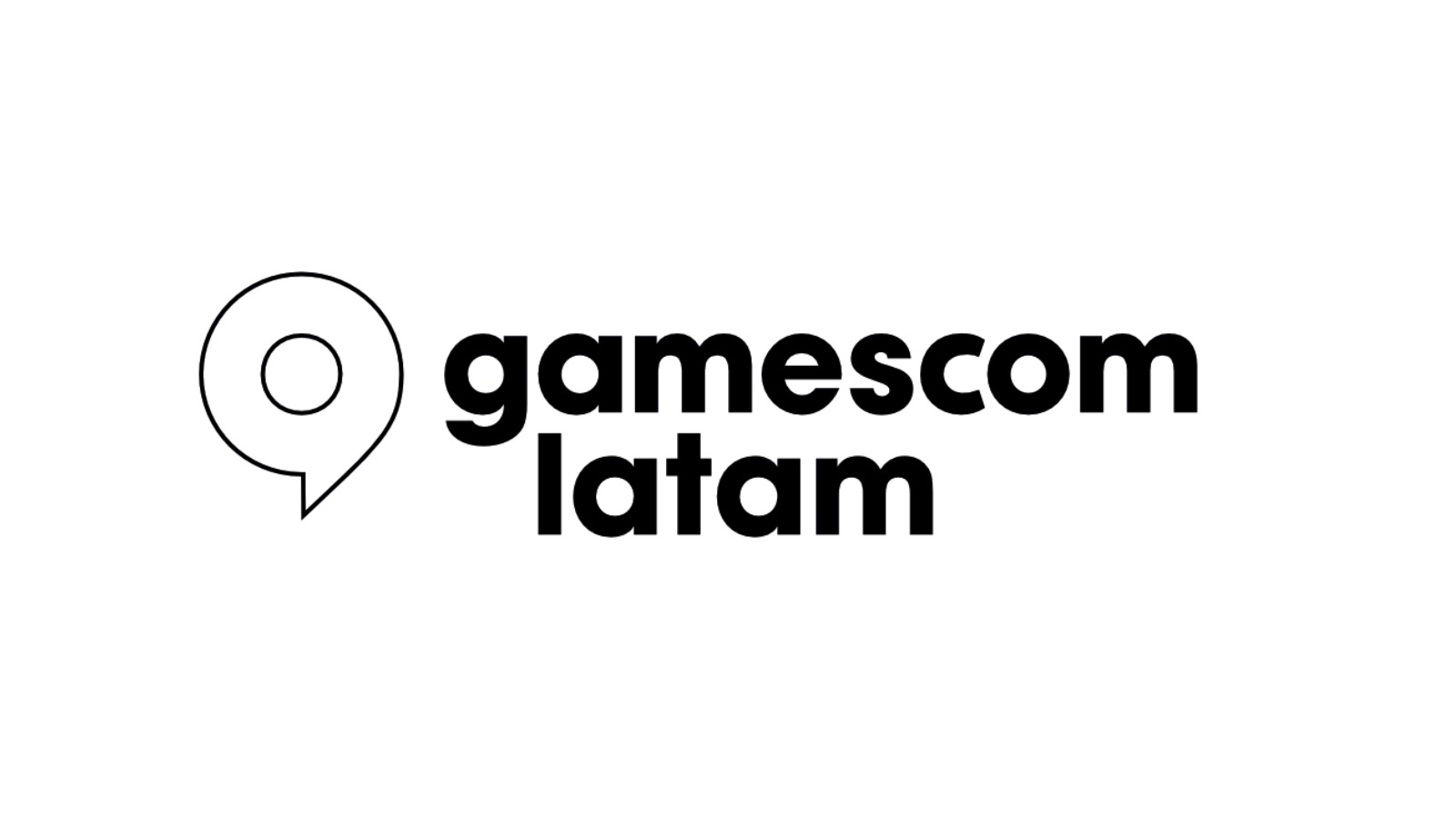Crafting exceptional game audio requires a combination of creativity, technical skill, and seamless integration into gameplay. Whether you’re developing an indie title or a large-scale project, the decision to work with a game audio company, freelancer, or in-house team is a critical one. Each option has its strengths and challenges, but the right choice depends on your game’s unique needs, budget, and timeline. In this article, we’ll compare these three approaches to help you make an informed decision.
Game Audio Company: The Comprehensive Partner
A game audio company offers a full suite of services, from music composition and sound effects design to voice-over production and technical integration. These companies operate as specialized teams with expertise across multiple disciplines, ensuring your game’s audio is cohesive and professional.
Advantages
- Expertise Across Disciplines: Game audio companies employ specialists in music, sound design, voice-over, and middleware integration.
- Scalability: They can adapt to projects of all sizes, from small indie games to large-scale productions.
- Reliability: Established workflows and project management ensure on-time delivery and high-quality results.
- Cost Efficiency: While the upfront costs may seem higher, their end-to-end services reduce the need for multiple contractors or internal hires.
Challenges
- Less Immediate Access: Communication and adjustments may require more coordination than with an in-house team.
Freelancers: Specialized, Flexible, and Cost-Effective
Freelancers are independent professionals who typically specialize in one area, such as composing, sound design, or voice-over production. They’re often sought after for smaller projects or specific tasks within a larger development pipeline.
Advantages
- Affordability: Freelancers often charge lower rates than companies or in-house hires, making them ideal for tight budgets.
- Specialized Talent: If you need expertise in one specific area, freelancers can provide focused skills.
- Flexibility: Freelancers can adapt quickly to smaller, short-term tasks.
Challenges
- Limited Scope: Most freelancers focus on one area, so you may need to coordinate multiple contractors to cover all aspects of audio.
- Inconsistent Availability: Freelancers may juggle multiple projects, leading to potential delays.
- Integration Gaps: Without a broader team, freelancers might lack the tools or expertise for seamless audio integration.
In-House Team: Full Control, Long-Term Commitment
An in-house audio team consists of dedicated staff within your studio who handle all aspects of game audio. This option is typically used by larger studios that develop multiple games or have ongoing audio needs.
Advantages
- Full Creative Control: Your team is fully integrated into your workflow, allowing for real-time collaboration.
- Immediate Access: Having the team on-site means faster adjustments and direct input during development.
- Ownership of Tools: Your team can create custom tools and workflows tailored to your games.
Challenges
- High Costs: Salaries, equipment, and training represent significant long-term investments.
- Resource Diversion: Building and maintaining an audio team diverts resources from other areas of development.
- Scalability Issues: Expanding your team for larger projects can be time-consuming and costly.
Comparison Table: Game Audio Company vs. Freelancer vs. In-House Team
| Factor | Game Audio Company | Freelancer | In-House Team |
|---|---|---|---|
| Expertise | Comprehensive, multi-disciplinary | Specialized, limited to one area | Dependent on hired skills |
| Scalability | Adapts to project size and complexity | Best for small or specific tasks | Limited to existing resources |
| Cost | Medium to high, but cost-efficient | Low upfront, but less comprehensive | High, with significant overhead |
| Collaboration | Collaborative but external | Individual-focused, requires oversight | Fully integrated into the studio |
| Integration Support | High expertise in middleware and engines | Often limited to asset delivery | Requires in-house expertise |
| Reliability | Team-based consistency | Varies by individual | Highly reliable if well-managed |
When to Choose Each Option
Game Audio Company
- Best for projects requiring a full range of audio services, especially if you lack in-house expertise.
- Ideal for mid-sized to large developers looking for reliable, scalable solutions.
- Offers a balance of quality and efficiency for teams that need professional results without building an in-house team.
Freelancer
- Best for small tasks or projects with specific, isolated needs, such as composing a single track or designing a few sound effects.
- A good choice for indie developers with limited budgets who can handle integration and coordination themselves.
In-House Team
- Best for studios producing multiple games or requiring ongoing audio work.
- Suitable for developers with the budget to invest in staff, tools, and long-term resources.
Why a Game Audio Company Often Wins
While freelancers and in-house teams have their advantages, a game audio company offers the best combination of expertise, scalability, and reliability. Companies like Flutu Music provide comprehensive audio services tailored to your game’s needs. They handle everything from sound design and voice-over production to middleware integration, ensuring a seamless and professional result.
Flutu Music also bridges the gap between affordability and quality, making it an excellent choice for indie and AA developers who need a partner they can trust.
Conclusion
Choosing between a game audio company, freelancer, or in-house team depends on your project’s scope, budget, and long-term goals. For most developers, a game audio company strikes the perfect balance, delivering professional results without the complexity or overhead of managing freelancers or building an in-house team.
Whether you’re developing an indie adventure or a mid-sized AA game, investing in a trusted partner like Flutu Music ensures your game’s audio is as engaging as its gameplay.







